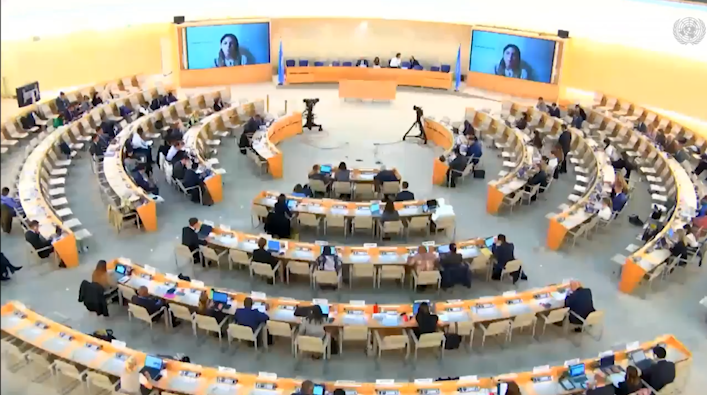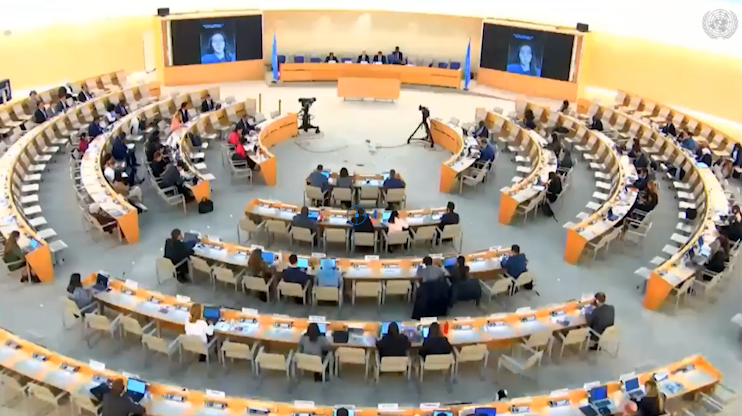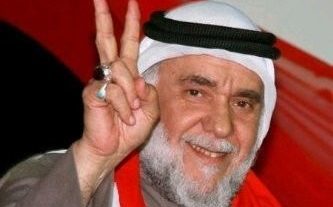Mohamed Ali AlNibool was a 22-year-old accounting student from Sitra at the University of Bahrain when Bahraini authorities arrested him on 28 June 2023 at Caribou Café in Hala Plaza. The arrest was carried out without a warrant. During his detention, he endured torture, denial of family contact and visits, denial of access to his[…]
On 27th September 2024, ADHRB delivered an intervention at the United Nation Human Rights Council session 57 under items 3 and 5 during the Interactive Dialogue with Special Rapporteur on the rights of Indigenous Peoples. ADHRB drew the Council’s attention to the discrimination against the indigenous people in Bahrain. We draw the Council’s attention to[…]
On 26th September 2024, ADHRB delivered an intervention at the United Nation Human Rights Council session 57 under item 4 during the General Debate. ADHRB urged pressuring Bahrain to ensure transitional justice for former prisoners We highlight the hardships faced by recently released political prisoners in Bahrain as they attempt to rebuild their lives. Despite[…]
On 25th September 2024, ADHRB delivered an intervention at the United Nation Human Rights Council session 57 under item 4 during the General Debate. ADHRB emphasized the need to end impunity in Bahrain starting with dismissing the Minister of Interior. True reform in Bahrain remains elusive, in light of a pervasive culture of impunity. Since[…]
Updated: Mr. Hasan Mushaima is a prominent Bahraini opposition figure and political prisoner who has been serving his life sentence in Jau Prison since 2011 after being charged with attempting to overthrow the government in light of his role in the pro-democracy demonstrations. During his imprisonment, authorities have been subjecting the 76-year-old to maltreatment and[…]









